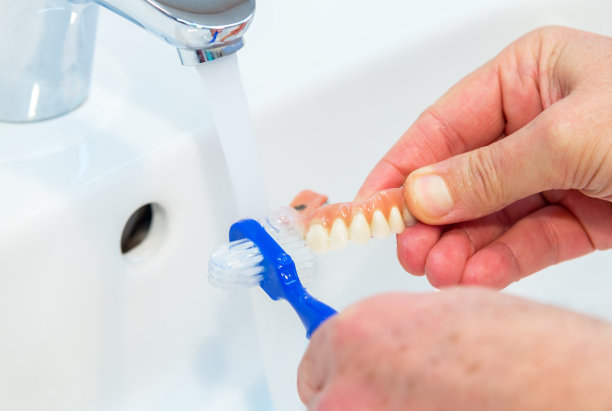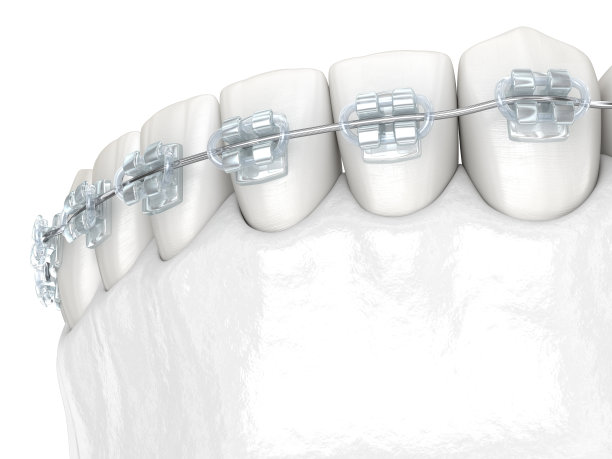Summary: Extracting a tooth may seem extreme, but it plays a vital role in maintaining oral health and overall well-being. This article delves into the significance of tooth extraction by exploring its benefits, including the prevention of dental issues, improvement of oral hygiene, enhancement of overall physical health, and the emotional aspects of dental care. Understanding these factors can help individuals make informed decisions about their dental health and appreciate the positive impact that tooth extraction can have on their lives.
1. Prevention of Dental Issues

One of the primary reasons for tooth extraction is the prevention of further dental issues. When a tooth is severely decayed, it can lead to infections that may spread to other teeth and gums. By removing the problematic tooth, the risk of these complications decreases significantly.
A tooth that has been badly damaged can also create alignment issues. Remaining teeth may shift into the space left behind, causing misalignment and bite problems. Extracting the tooth can prevent this from occurring, thus maintaining the integrity of the bite and the overall structure of the mouth.
Additionally, if a tooth is impacted or growing in a way that disrupts adjacent teeth, extraction can alleviate the pressure. This can be particularly important for wisdom teeth, which often lead to overcrowding and pain. Early intervention through extraction can save patients from more severe surgical procedures later on.
2. Improvement of Oral Hygiene
Maintaining proper oral hygiene can be challenging, especially with overcrowded teeth. When teeth overlap, it becomes difficult to clean them thoroughly, making them more susceptible to decay and gum disease. Removing one or more teeth can create more space in the mouth, making it easier to brush and floss effectively.
Furthermore, after an extraction, people often become more aware of their dental health habits. They may be motivated to improve their overall hygiene routine and become more diligent in regular dental check-ups. This newfound focus on oral care can lead to better long-term dental health.
Oral hygiene improves significantly after the extraction of painful or infected teeth. Once the source of discomfort is removed, patients often experience less pain and a more enjoyable eating experience. This positive change can further encourage patients to maintain a regular oral hygiene routine.
3. Enhancement of Overall Physical Health
Oral health is deeply connected to overall physical health. Infected or decayed teeth can lead to systemic health issues, including heart disease and diabetes complications. By extracting unhealthy teeth, individuals reduce the risk of these broader health problems.
Moreover, maintaining a healthy set of teeth contributes to proper nutrition. When people experience dental pain or discomfort, they may avoid certain foods, leading to an imbalanced diet. After extraction, patients can often eat a more varied and nutritious diet, ultimately improving their general health and wellness.
Additionally, common dental issues like gum disease have been linked to other health conditions. When teeth are removed to prevent or treat gum disease, it can decrease inflammation and reduce the risk of related health complications, positively influencing overall well-being.
4. Emotional and Psychological Benefits
Dental health significantly impacts a persons self-esteem and confidence. Having a damaged or decayed tooth can lead to insecurities about one’s smile, making some individuals hesitant to engage socially. Extracting the problematic tooth often provides a fresh start, allowing people to feel more comfortable and confident in their appearance.
Pain caused by dental issues can also lead to anxiety and stress. Once a tooth is extracted and the pain subsides, individuals often experience relief and an improved quality of life. This newfound comfort can positively affect their mental health and contribute to a happier, more positive outlook.
Lastly, the experience of successfully working through dental issues also fosters a sense of control over one’s health. Taking decisive action by choosing to undergo a tooth extraction can empower individuals, allowing them to take charge of their oral health and overall well-being.
Summary:
Tooth extraction plays a crucial role in maintaining both oral health and general well-being. By preventing further dental issues, improving oral hygiene, enhancing overall health, and bringing emotional benefits, it becomes clear that extracting teeth is often necessary for a better quality of life. Emphasizing the importance of dental care can lead to healthier choices and a brighter smile.
This article is compiled by Vickong Dental and the content is for reference only.
Vickong Dental
Vickong Dental is a large medical group established in Hong Kong in 2008 by professors from well-known medical universities in Guangdong and Hong Kong, as well as medical doctors from key national '985' universities (including Master's supervisors and senior professors). The chain of branches brings together expert dentists with PhDs and Master's degrees from Hong Kong and Mainland China, committed to providing high-quality dental treatment.
"Vickong Dental Practices the University Motto of 'Healing and Serving Society,' with a Stable Operation for Sixteen Years. It Has Been honored with Hong Kong Enterprise Leaders's Choice,' and is a Global Trusted Implant Center for the Nobel Implant System. Recommended by Hong Kong Metro Broadcast and Guangdong Television, it Serves Customers from Over Thirty Countries and Regions, Gaining the Trust and Favor of Citizens from the Guangdong-Hong Kong-Macau Greater Bay Area and Surrounding Cities.

Thousands of customers' unanimous praise
The most recognized and highly recommended dental service by customers in the Guangdong-Hong Kong-Macau Greater Bay Area
We Ensure You Receive Detailed Care and Attention Here
Hong Kong standards, Shenzhen prices, Your Trusted English-speaking dentists

Vickong Dental Medical-Grade Instrument Disinfection Process
Vickong Dental Medical-Grade Instrument Disinfection Process

Vickong Dental Chain: A Warm and Comfortable Environment for Treatment






Appointment Hours

Q&A
Why choose Vickong Dental?
Vickong Dental practices the university motto 「Medicine to Benefit Society」, with each branch bringing together highly qualified dentists with doctoral and master’s degrees from Hong Kong and the Mainland, and has maintained seventeen years of steady operation。Recipient of 「2024 Hong Kong Enterprise Leaders Brand」, 「2025 Hong Kong Enterprise Leaders Brand」, a Nobel Biocare Global Trusted Implant Center, and a brand recommended by Metro Radio Hong Kong and Guangdong TV。
To date, we have served customers from more than thirty countries and regions,earning exceptionally high word-of-mouth recognition and trusted recommendations from residents across the Guangdong-Hong Kong-Macao Greater Bay Area and surrounding cities
We have eight major branches in Zhuhai、Shenzhen,and a consultation and service assurance center in Hong Kong,so you can book a free consultation at any time for any questions,which is very reassuring.
If I do not accept the quotation after the CT scan, will I be charged??
No! As long as the actual treatment has not started, you will not be charged any fees.
Will there be any additional charges during the treatment process?
No, there won’t be any additional charges. Before treatment begins, we will clearly explain the treatment plan and its corresponding fees. Only after the patient agrees and signs the consent form will we proceed with the dental service.
Can I pay in Hong Kong dollars?
Yes. Vickong Dental accepts payment in Hong Kong dollars. The amount will be converted based on the exchange rate of the day, and the applicable rate will be clearly communicated to you in advance.
Can I reschedule my appointment at any time?
Yes. Please contact us via **WeChat** or **WhatsApp** as early as possible, providing your original appointment time and details, along with your preferred new date and time slot for rescheduling.













